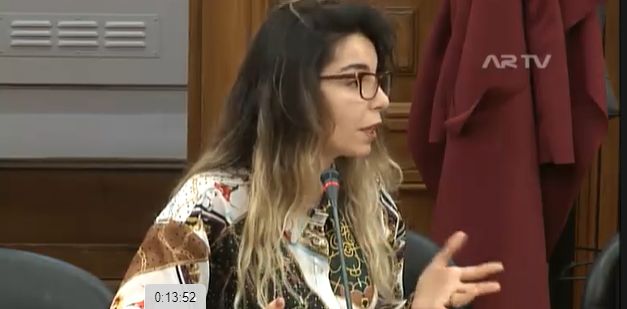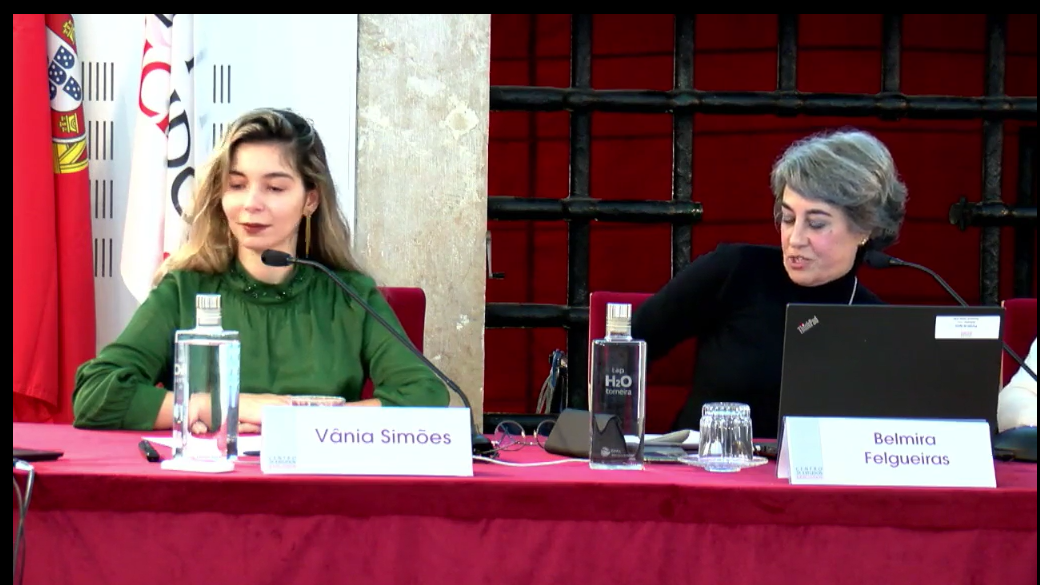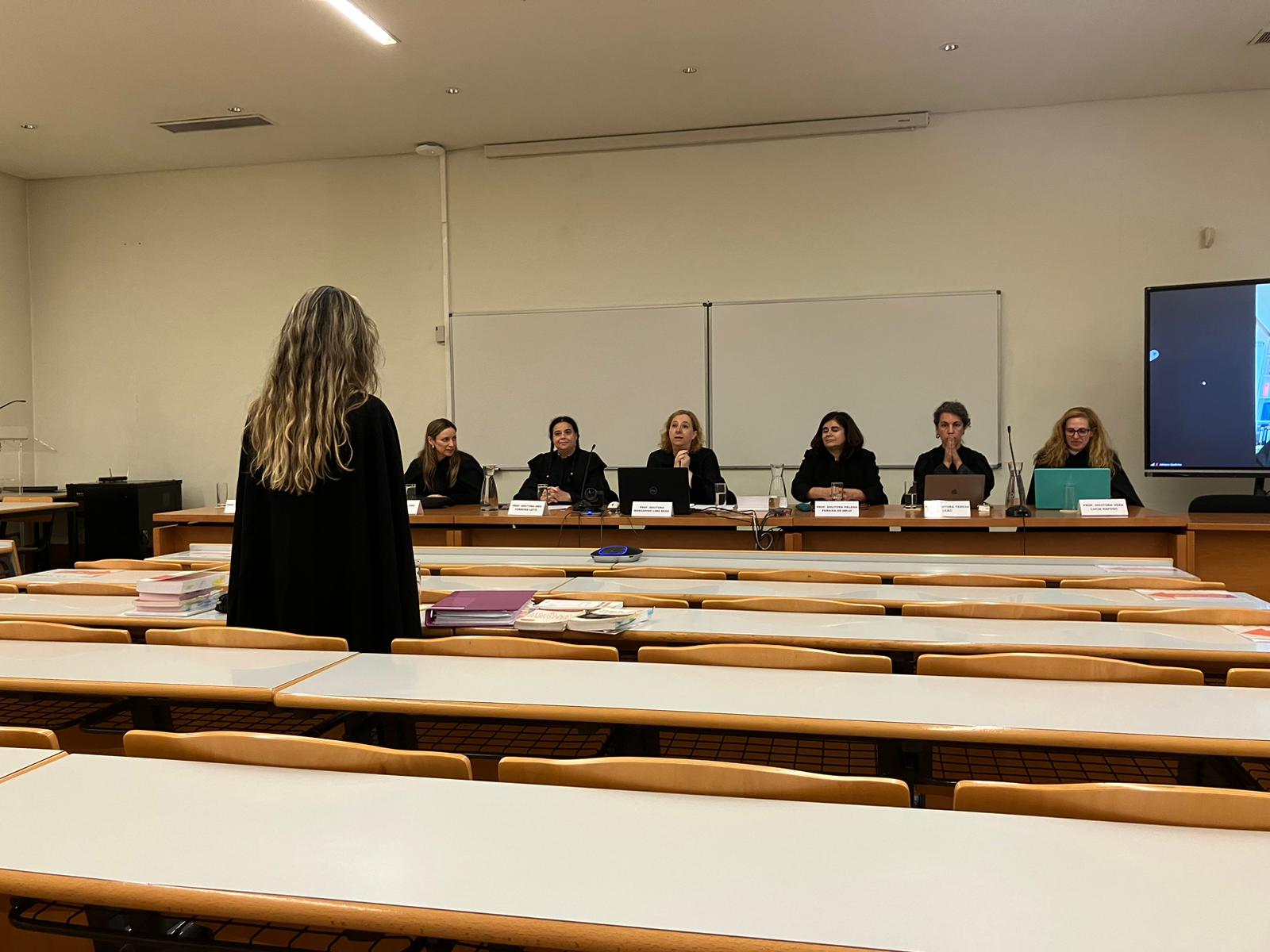In the realm of legal reform, Vânia Simões’ work has been instrumental in shaping the discourse around women’s rights, particularly in the context of obstetric violence. The researcher, from NOVA School of Law, played a key role in drafting and contributing to several legislative proposals, such as 555/XIII, 872/XIII, 563/XIII, and 1072/XIII. While some of these initiatives faced setbacks due to the dissolution of the National Assembly, Vânia’s doctoral thesis, “Obstetric Violence, Women’s Rights, and Legal Protections,” emerged as a pioneering legal study, offering a comprehensive framework for understanding and addressing obstetric violence in Portugal.
This thesis, the first doctoral work in Portugal on this topic, was recognized with the 9th edition Research Work of the Year Award by the Portuguese Victims Support Association (APAV), highlighting its significant contribution to victimology. Vânia Simões’ research also provided vital insights into the proper enforcement of Law 110/2019, the first piece of Portuguese legislation to address women’s rights in obstetric care.
The impact of her work is multifaceted, spanning the social, legislative, academic, and judicial domains. As a key contributor to Law 110/2019, Vânia Simões witnessed how this legislation catalysed the first legal cases of obstetric violence in Portuguese courts. The training seminars conducted by Vânia Simões in December 2023 for judges and in March 2024 for lawyers equipped these legal professionals with the necessary tools to apply the law accurately, ensuring that victims of obstetric violence gain access to justice. These professionals (more than 300) are now able to differentiate obstetric violence from medical malpractice, a critical understanding not typically covered in standard legal education.
Furthermore, Vânia’s published work has already begun to inform master’s level research, bridging a gap in the academic literature on obstetric violence. Her contributions have not only benefited women, academics, and the judicial system in Portugal but have also garnered attention at the European level. Notably, her research is referenced in a European Parliament document on obstetric and gynaecological violence, further demonstrating the broader relevance of her work across the EU.
As Vânia Simões continues to advocate for legal reform, she is actively collaborating with parliamentary groups to submit a new legislative proposal that would formally recognize obstetric violence in Portuguese law. While Law 110/2019 laid the foundation by focusing on women’s rights, this next step aims to explicitly define and address obstetric violence itself, filling a crucial gap in national legislation. Vânia Simões’ goal is to ensure that Portuguese law fully protects women from obstetric violence, fostering both awareness and justice at the national and international levels.
To change the world, we must change the way we are born.
Michel Odent



